Indigenous Governance Database
self-government
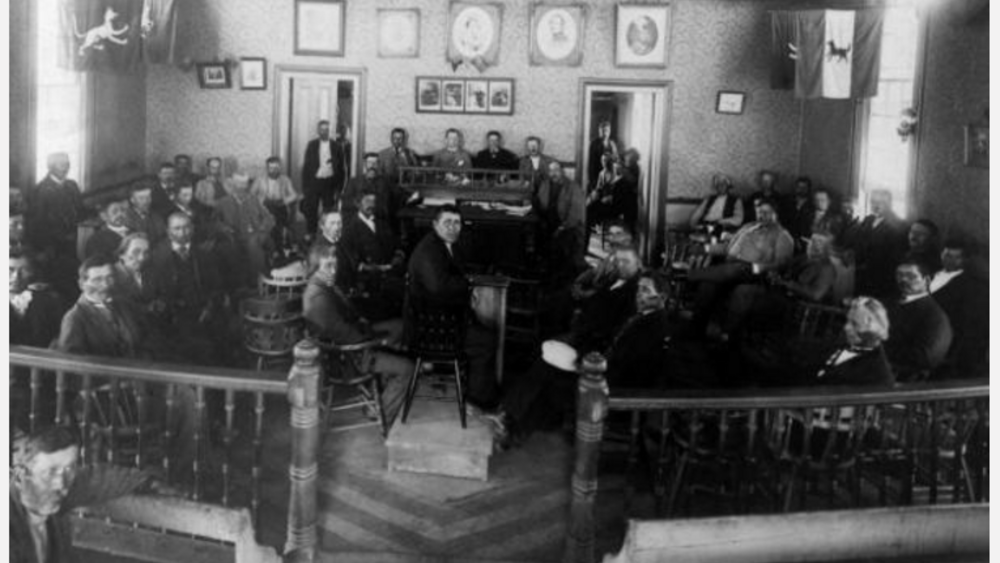
Political Autonomy and Sustainable Economy
A unique attribute of Indian political ways was noted early on by colonial observers. Indians, Indigenous Peoples more generally, were engaged in everyday political action as full participating community members. Every person had the right to be heard. Decisions were made through discussion and…
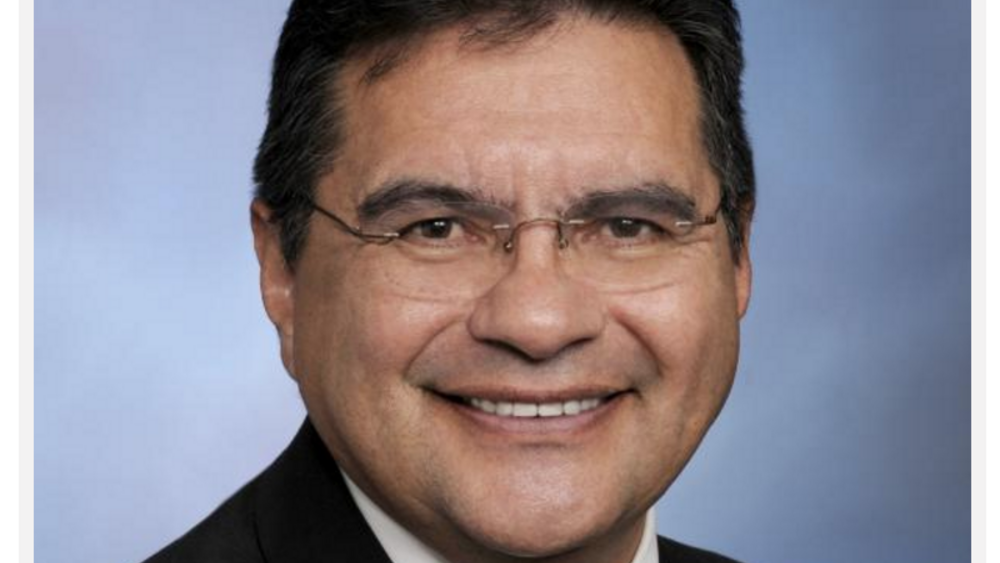
Meeting Economic Development Challenge in Indian Country
Native American communities have taken great strides in developing their economies and raising the quality of life on tribal lands. However, as President Obama noted during his historic visit to Indian country in June, there are still wide disparities between Native Americans and the overall U.S.…
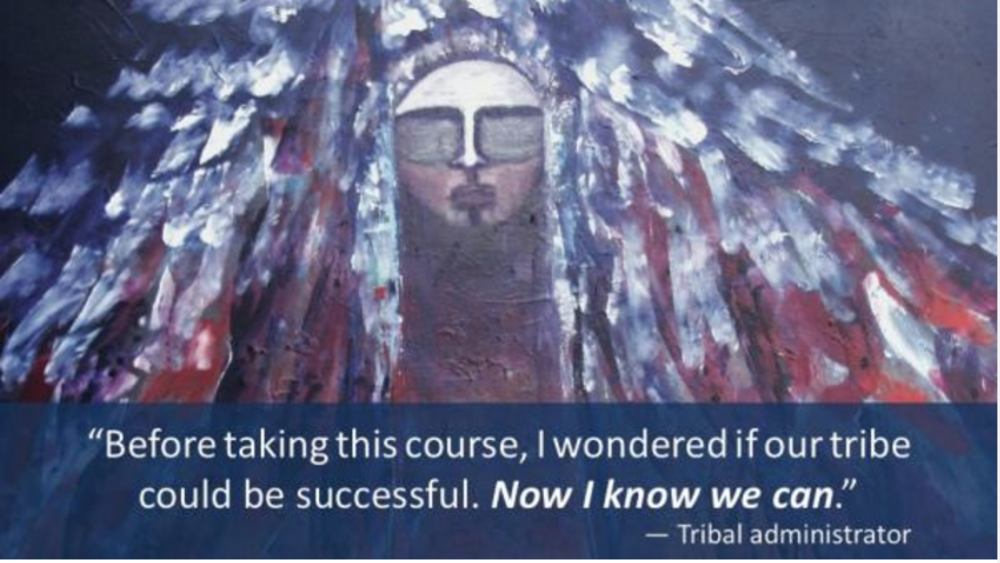
Rebuilding Native Nations Course: What I Learned
I had the opportunity to take the Rebuilding Native Nations Strategies for Governance and Development course offered by the Native Nations Institute at the University of Arizona. I was lucky enough to take the online course at no charge through an article I saw on ICTMN. The course costs $75 as of…
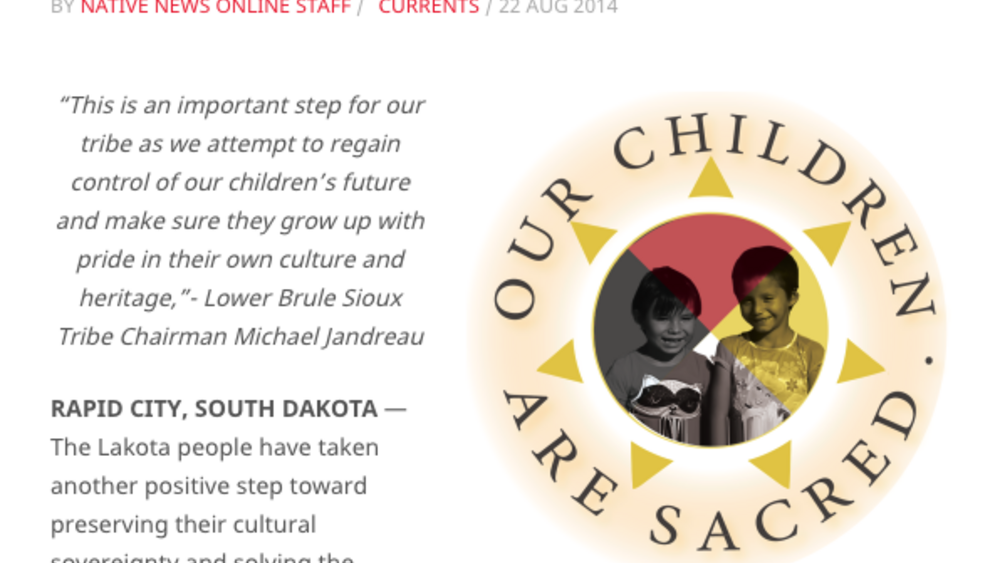
Two More South Dakota Lakota Tribes Advance Toward Their Own Foster Care Systems, Intending to Replace the State DSS System
The Lakota people have taken another positive step toward preserving their cultural sovereignty and solving the persistent foster care crisis in the state as two more tribes have joined the movement to apply for available federal funding to plan their own tribal-run foster care system... The Lower…

Tribal Per Capitas and Self-Termination
For many Indian families, tribal per capita payments help meet their most basic needs. They buy food, pay heating bills, make car payments, and open savings accounts. As a Dry Creek Rancheria Band of Pomo Indians leader explains, per capita monies have given historically impoverished Indian…
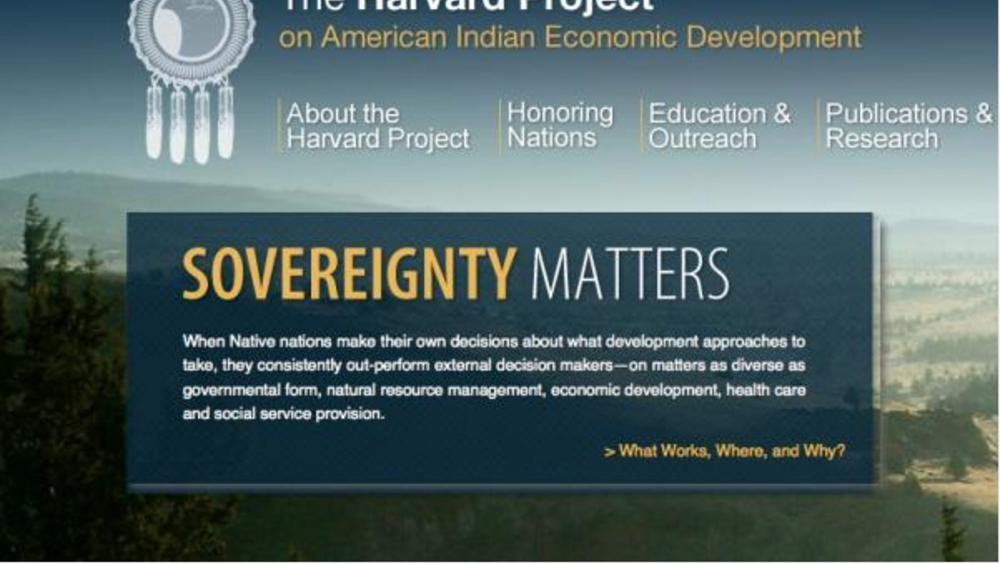
Harvard Project Names 18 Semifinalists for Honoring Nations Awards
The Harvard Project on American Indian Economic Development recognizes exemplary tribal government initiatives and facilitates the sharing of best practices through its Honoring Nations awards program. On March 3, the Harvard Project announced its selection of 18 semi-finalists for the 2014…
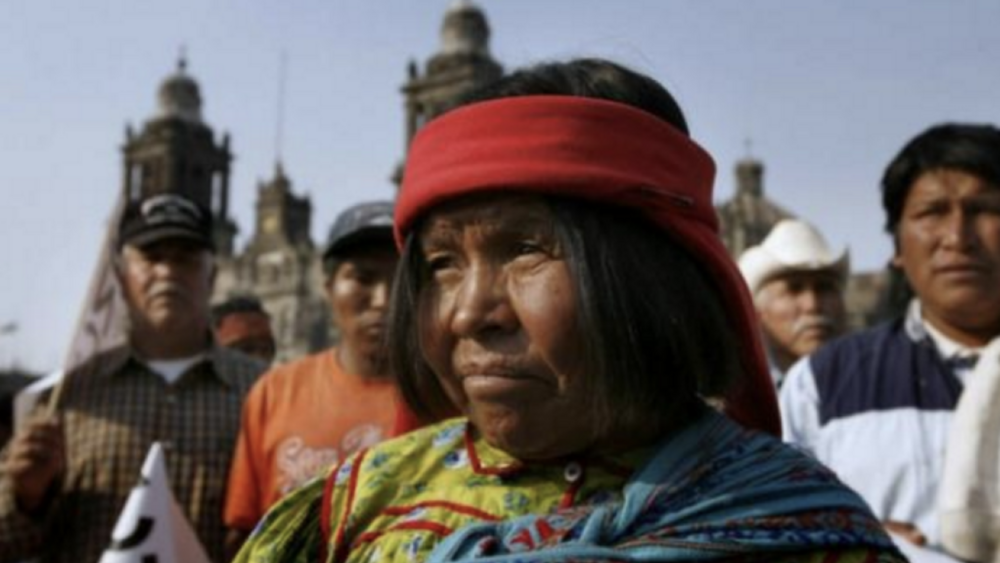
Preserving Indigenous Democracy
When Europeans first came to the Americas they took note of the democratic processes they observed in most indigenous nations. Indigenous political relations were usually decentralized, consensus based, and inclusive. Indigenous democracies may not seem remarkable by contemporary standards, but…

Key to Indian Development: Self-Government
Beginning late in the last century, the economies of Indian nations in the United States began recording a remarkable turnaround. Since the early 1990s, per capita income on Native American reservations has grown three times faster than have incomes in the nation as a whole. American Indians are…
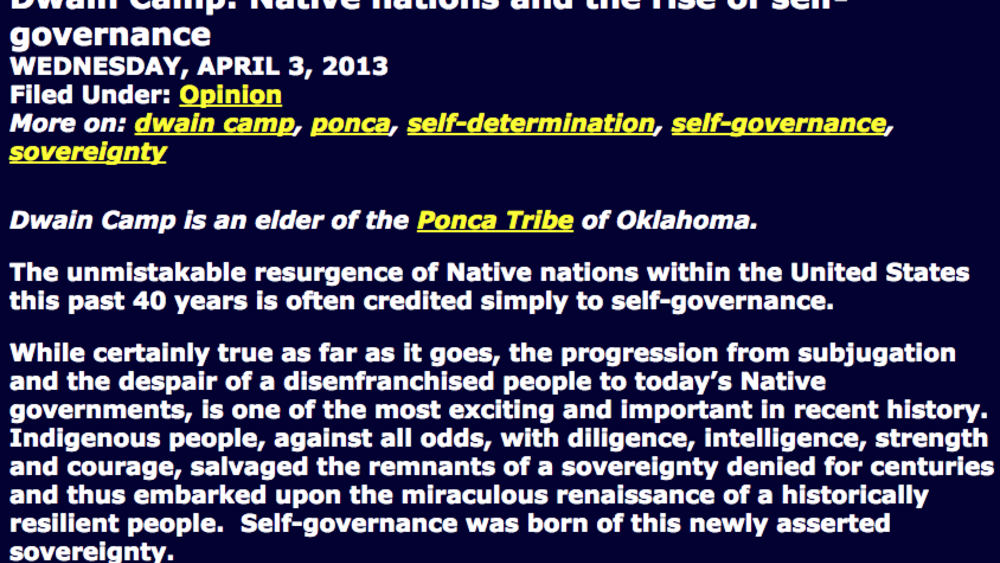
Native nations and the rise of self-governance
The unmistakable resurgence of Native nations within the United States this past 40 years is often credited simply to self-governance. While certainly true as far as it goes, the progression from subjugation and the despair of a disenfranchised people to today’s Native governments, is one of the…
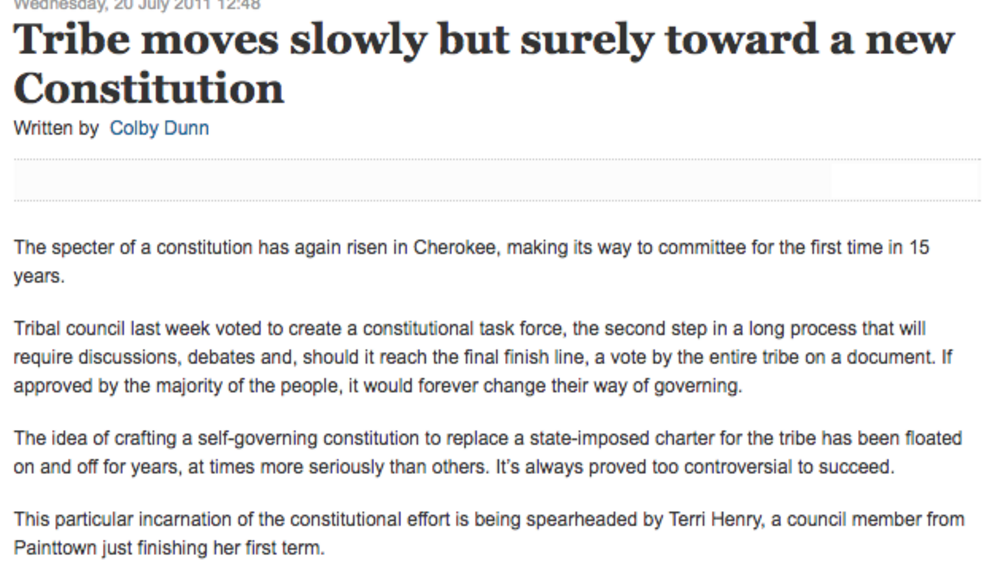
Tribe Moves Slowly But Surely Towards a New Constitution
The specter of a constitution has again risen in Cherokee, making its way to committee for the first time in 15 years. Tribal council last week voted to create a constitutional task force, the second step in a long process that will require discussions, debates and, should it reach the final finish…

Nipissing First Nation passes first Ontario Aboriginal constitution
The Nipissing First Nation has passed a constitution that's believed to be the only First Nations constitution in Ontario. But there are questions about what this document actually does for the community.The constitution was passed by the Nipissing First Nation with a vote of 319 to 56. …
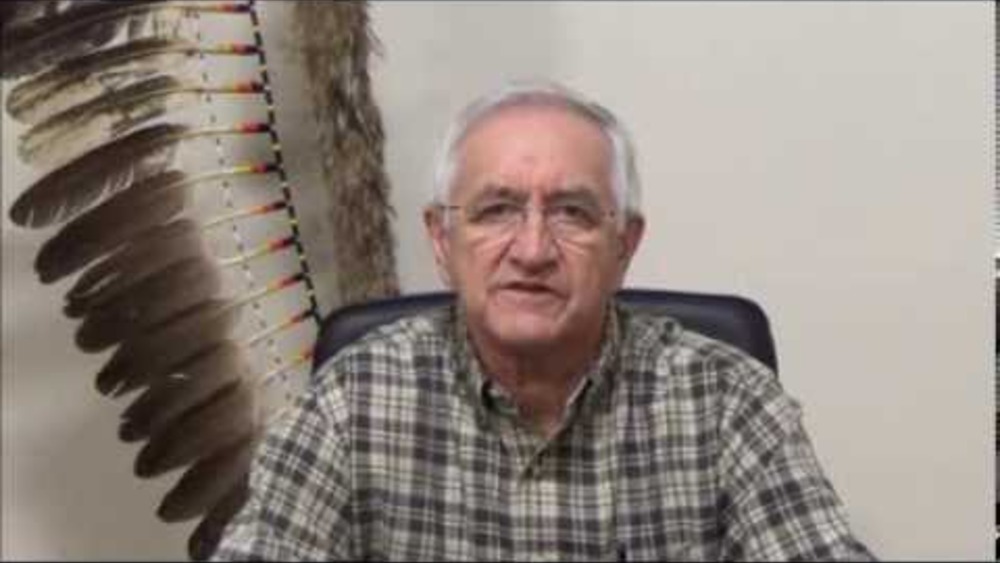
Arnold May: Nipissing First Nation Gichi-Naaknigewin (Constitution)
Counsellor Arnold May of the Nipissing First Nation discusses the importance of the Nipissing Gichi-Naaknigewin (Constitution), which was ratified in 2014 by the Nipissing people.
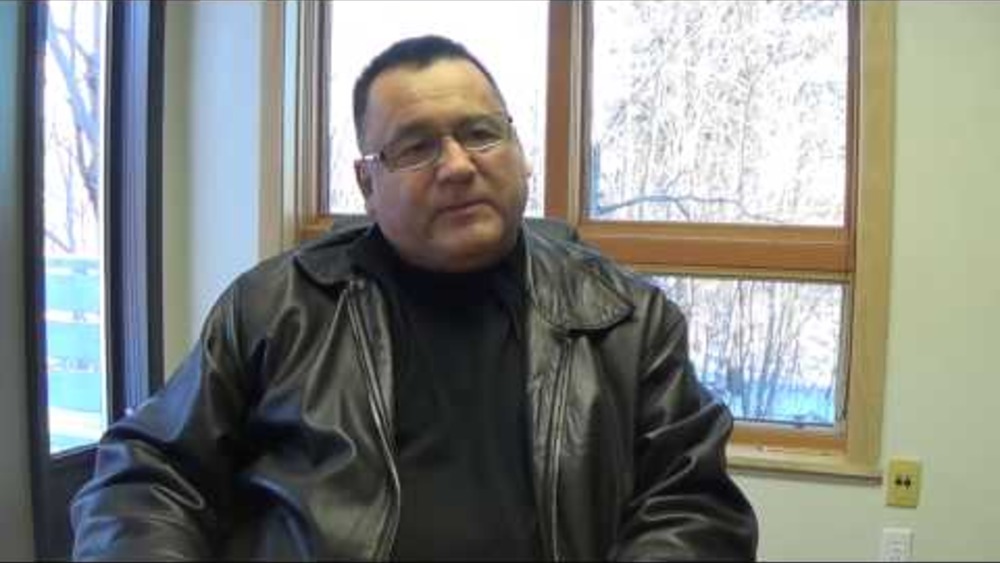
Grand Council Chief Patrick Madahbee: NFN Gichi-Naaknigewin
Anishinabek Nation Grand Council Chief Patrick Wedaseh Madahbee speaks to Nipissing First Nation members about the importance of the Gichi-Naaknigewin (Constitution) and its relationship to community development.
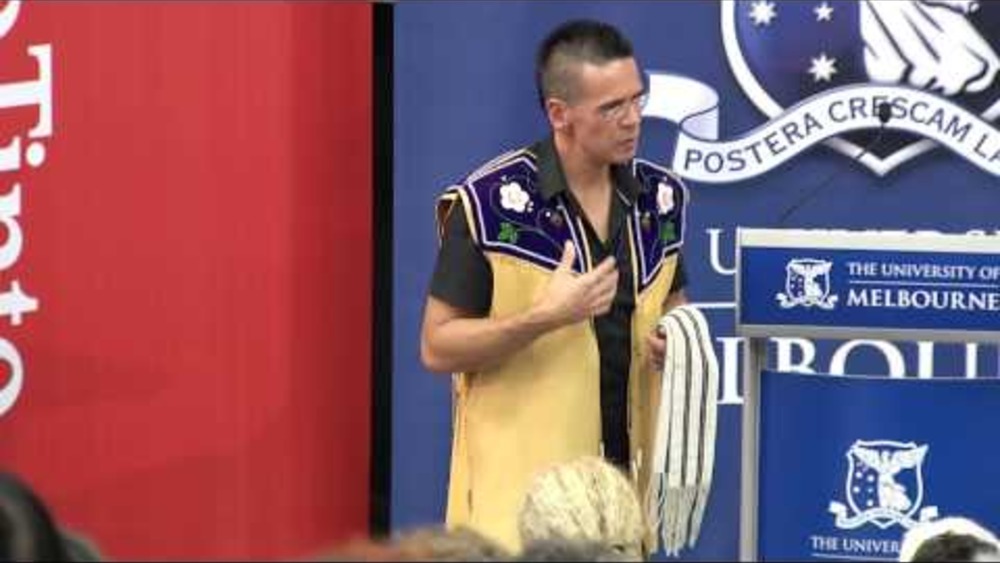
The 2013 Narrm Oration: Taiaiake Alfred
The 2013 Narrm Oration, "Being and becoming Indigenous: Resurgence against contemporary colonialism", was delivered by Professor Taiaiake Alfred on 28 November. Professor Alfred is the founding Director of the Indigenous Governance Program at the University of Victoria in British Columbia, Canada…
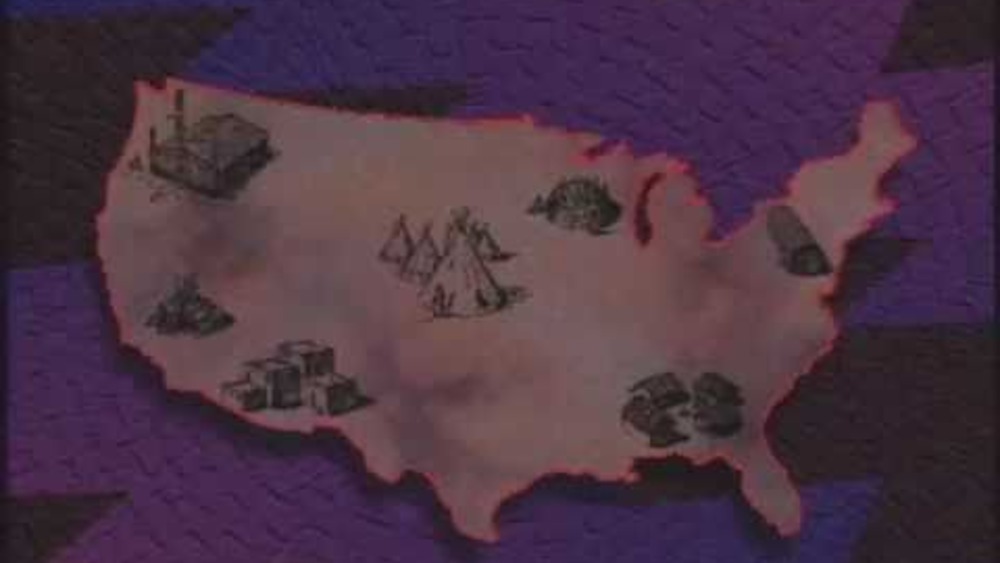
Tribal Sovereignty: The Right to Self-Rule
This is an excerpt of a longer educational DVD produced to answer frequently asked questions about American Indian tribal governments and the roots of tribal sovereignty. Among other things, it discusses the U.S. Constitution's explicit acknowledgement of tribal sovereignty and Native peoples as…
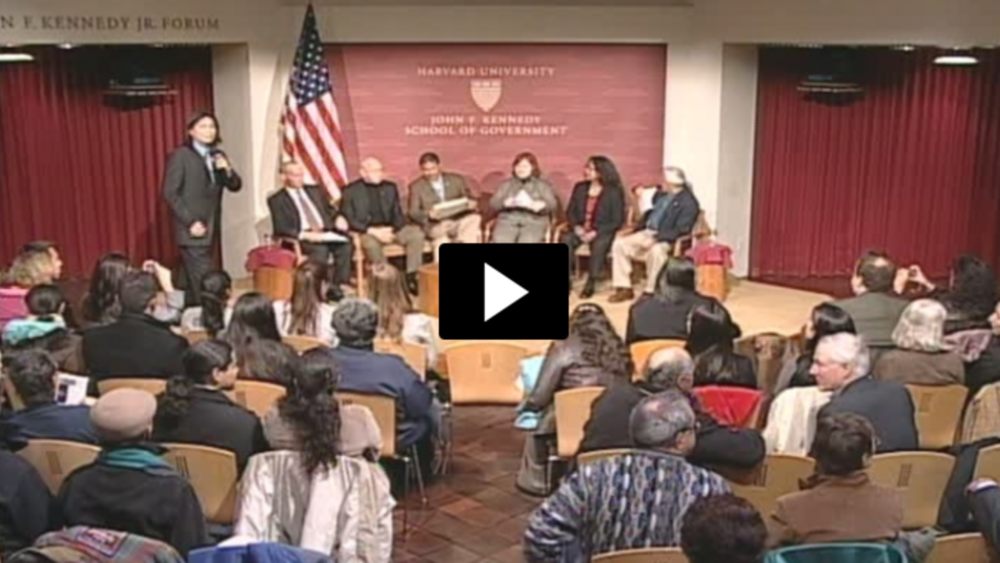
The Future of the U.S./Tribal Nations Relationship
Harvard Project on American Indian Economic Development Co-Directot Joseph P. Kalt leads a moderated discussion with Native nation leaders about the state of the tribal-federal relationship. Held in 2007, the forum featured Jamestown S'Klallam Chairman Ron Allen, Mescalero Apache President Mark…
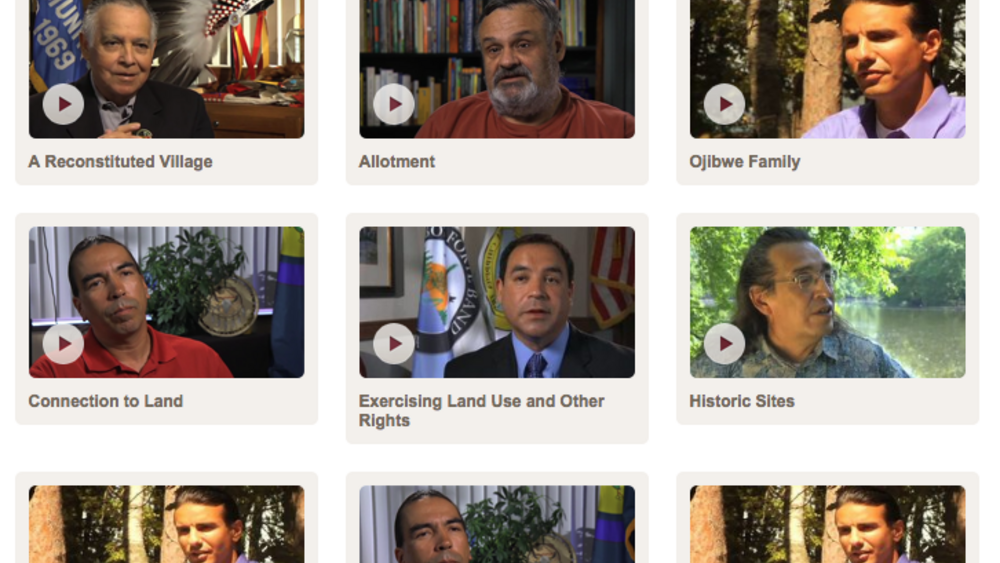
Why Treaties Matter: Video Gallery
This video gallery serves as a companion piece to "Why Treaties Matter - Self Government in the Dakota and Ojibwe Nations," a travelling exhibit on treaties between Dakota and Ojibwe people and the U.S. It features testimonies from Native nation leaders and citizens about many of the exhibit's main…

Why Treaties Matter (video)
This 15-minute video, produced by the National Museum of the American Indian, serves as a companion piece to "Why Treaties Matter - Self Government in the Dakota and Ojibwe Nations," a travelling exhibit on treaties between Dakota and Ojibwe people and the U.S. The film introduces the…
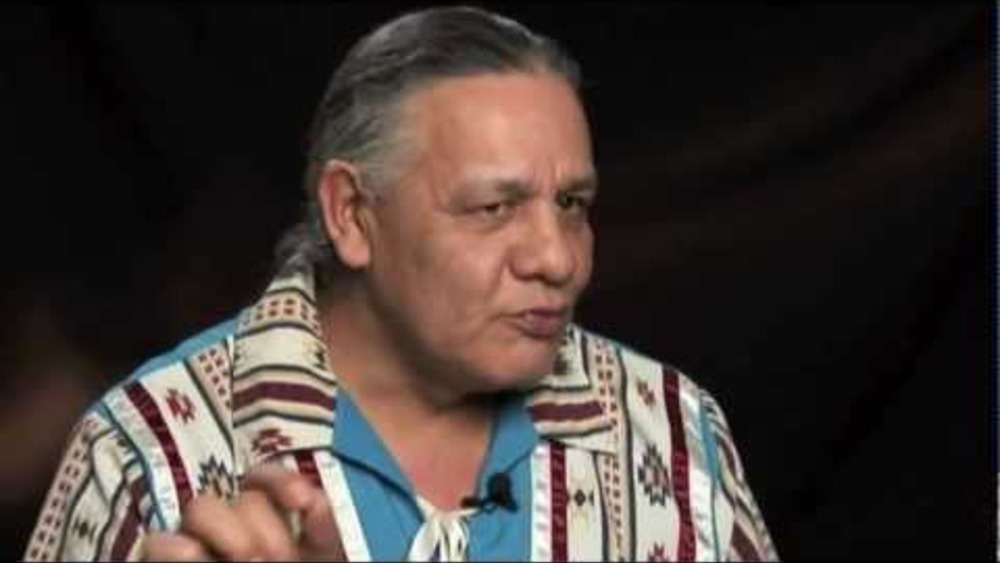
Chief Dale Awasis: Thunderchild First Nation
Chief Awasis of ThunderChild First Nation talks about traditional governance from before contact, Indian Act governance and how some nations are beginning to combine them into a third type of governance.

Nisga'a First Nation Circle of Governance
People of the Nisga'a Nation discuss custom and tradition before the Indian Act. They tell how they made the move back to traditional ways through strategic planning and abandoned oppressive ways of the Indian Act.
Pagination
- First page
- …
- 3
- 4
- 5
- …
- Last page
